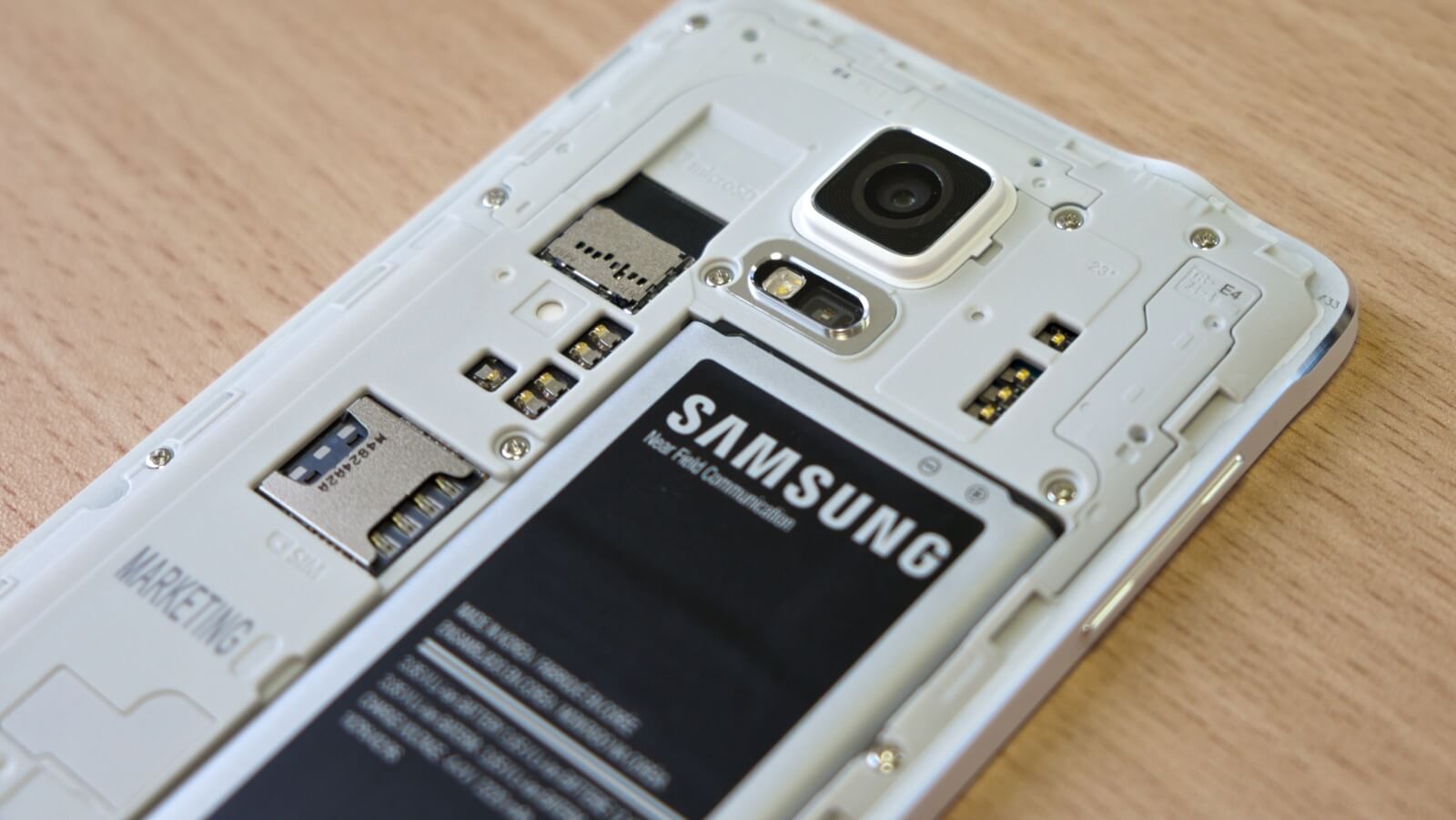Something to look forward to: Tightly-packed lithium-ion batteries arguably remain one of the Achilles heels of the modern smartphone. They've led to a whole consumer market of supplementary power accessories like battery banks, cases and even Bluetooth speakers, like the JBL Charge 4, with enough power reserves to juice your smartphone and play music. The recent inclusion of reverse wireless charging tech on most flagships also serves as a reminder of how frequently these batteries drain with our daily usage. For such annoyances, Samsung is reported to have something up its sleeve with its graphene battery technology that it has been working on for the past few years.
It's a strange but true fact that while technology advancements in lithium-ion powered devices like laptops and smartphones have improved dramatically over the years, the battery tech itself has mostly remained stagnant, leading to a variety of hardware solutions like power banks and simply cramming in more battery or software solutions like power saving and stamina modes to extend usage of our devices.
According to Evan Blass a.k.a @evleaks, who probably needs no introduction, the "suboptimal" lithium-ion batteries may soon be surpassed by Samsung's graphene batteries. The company has been working on the technology for a few years and it seems plausible now that it has mostly finished its work on the new tech and is expected to feature it in one of its handsets by next year or so.
"Samsung is hoping to have at least one handset either next year or in 2021, I'm told, which will feature a graphene battery instead," Evan said, adding that these will be "capable of a full charge in under a half-hour," suggesting that Samsung would need to raise capacities while lowering costs.
Apart from being more flexible, which could lead to more interesting form factors for handsets and other gadgets, graphene batteries are also said to have higher capacities than their lithium-ion counterparts while keeping weight low---benefits that smartphone manufacturers and consumers alike would love to have in their products today if it were possible.
As for any new tech, the cost of graphene batteries might fairly jack up smartphone prices even more, but being one of the more useful innovations, consumers might be more inclined to stretch their budget once such batteries start to appear in smartphones.
